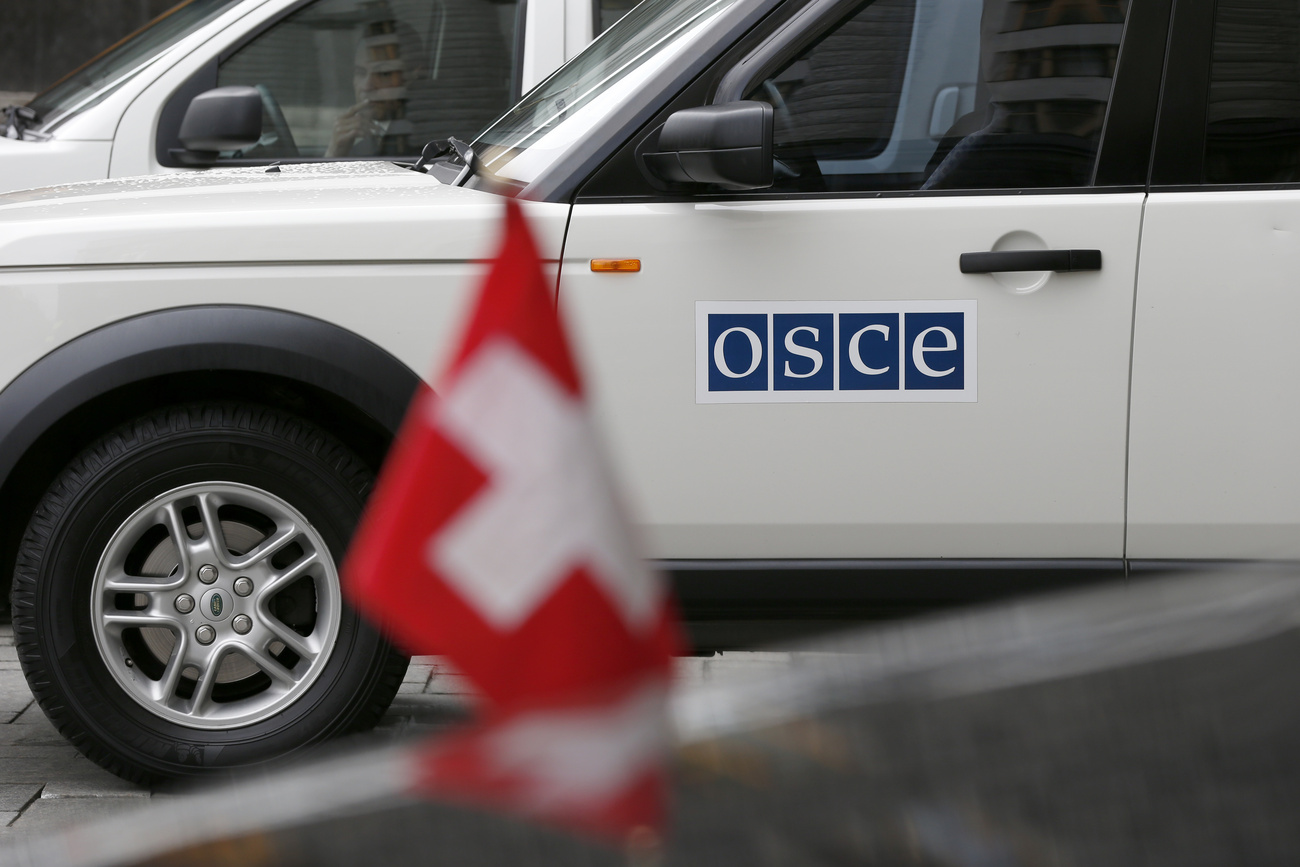
Swiss court delays return of Tunisian assets

Switzerland’s plan to return to the Tunisian government $40 million (CHF39.4 million) – frozen in Swiss banks after the fall of president Zine al-Abidine Ben Ali in 2011 – is on hold after the Federal Criminal Court upheld an appeal by Ben Ali’s brother-in-law.
The court in Bellinzona found that the man’s right to a hearing had been violated by the April 2014 decision of the Federal Prosecutor’s office to unfreeze the funds. The man is currently being investigated for suspected money laundering.
The decision, which was reached on December 9, was reported by the Neue Zürcher Zeitung (NZZ) newspaper on Wednesday. Folco Galli, spokesman for the justice ministry, confirmed the NZZ report, adding that the decision had since become legally binding.
The Swiss authorities have taken note of the Criminal Court’s decision, said Galli. However, “neither the legal possibility nor the political will of the Swiss to return the money to Tunisia has been called into question”.
If it is proven in the Swiss courts that the money is connected with a criminal organisation, the money could be returned. However, according to the brother-in-law’s lawyer, the man has provided the prosecutor’s office with extensive documentation of projects in Tunisia in order to prove the legal origin of the funds.
Other frozen assets
Also on Wednesday, Folco Galli confirmed that the Federal Prosecutor’s Office was notified on December 18 that it is free to resume legal assistance procedures in the case of more than CHF700 million of frozen funds connected with ousted Egyptian president Hosni Mubarak. The decision was based on an evaluation of the political situation in Egypt by the Swiss foreign ministry.
Under Swiss law, other nations are generally required to provide information about possible criminal wrongdoing to start unblocking any frozen assets. The money is usually locked up for three years, and during that time governments must meet Swiss requirements such as providing information of any financial crimes that could be prosecuted on Swiss soil.
Over the past 20 years, Switzerland has restored CHF1.7 billion to countries pillaged by their rulers.

In compliance with the JTI standards
More: SWI swissinfo.ch certified by the Journalism Trust Initiative




























You can find an overview of ongoing debates with our journalists here . Please join us!
If you want to start a conversation about a topic raised in this article or want to report factual errors, email us at english@swissinfo.ch.